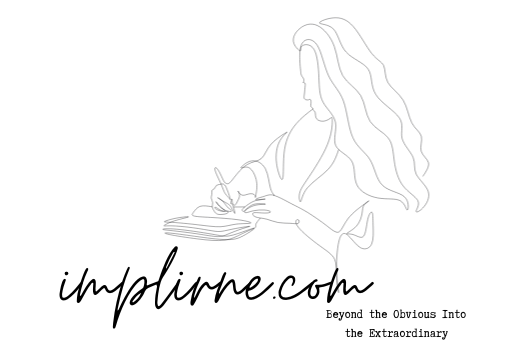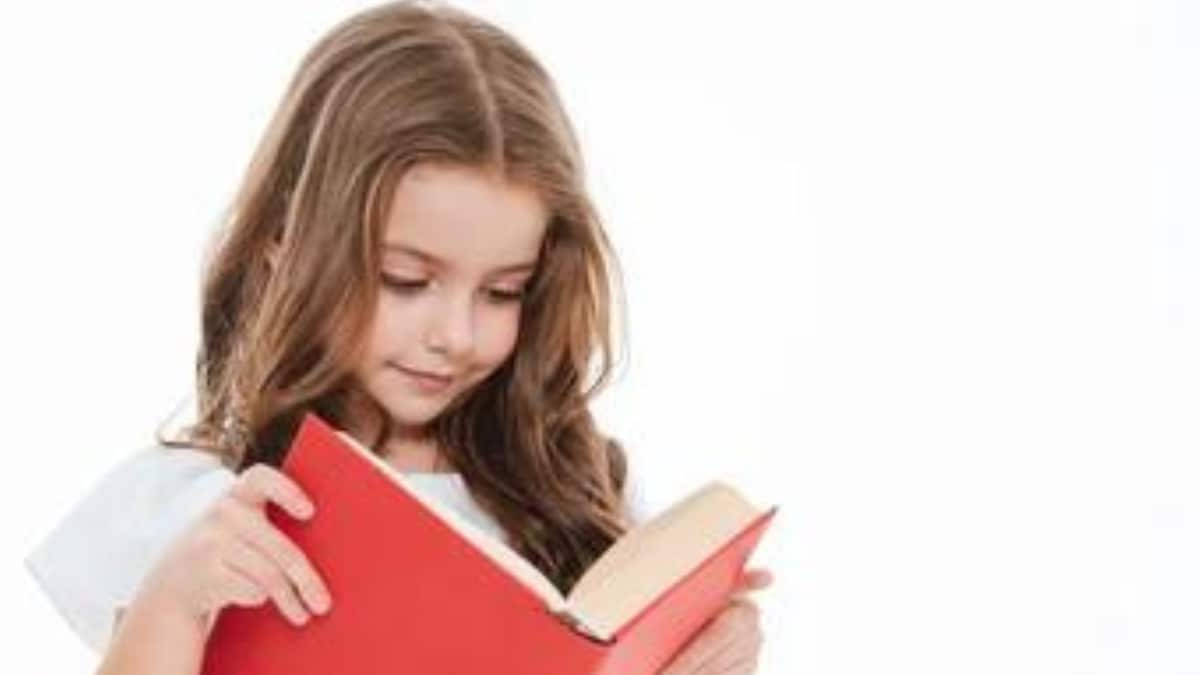As we bid farewell to 2023, the act of reading has evolved into a powerful tool, transcending its traditional confines. Once viewed solely as a leisurely pursuit, the act of delving into written words has transformed into a multifaceted experience, offering solace, fostering empathy, and fuelling imagination. In a world teeming with digital distractions, the role of reading has shifted, becoming a sanctuary that nurtures the mind, fuels creativity, and sparks profound societal change.
Books serve as guiding lights, leading readers through tumultuous terrains and tranquil escapes alike. They provide an escape hatch from the trials of reality, transporting readers into realms where imagination reigns supreme. Whether seeking solace in the beautifully crafted prose of a heartwarming tale or unravelling the intricacies of societal dilemmas through thought-provoking narratives, readers have found a sanctuary within the pages of books. In this era of information overload, the British Council Digital Library has stood as a literary sanctuary.
For the bibliophiles and those seeking solace in the written word, the British Council Digital Library has meticulously curated a list of the top five books that have captured the imaginations and hearts of readers in 2023. Whether you crave suspense, tickling humour, or profound introspection, this selection offers something for every bookworm’s appetite.
Here are the top 5 books read on the British Council Digital Library in 2023:
Prophet Song by Paul Lynch:
On a dark, wet evening in Dublin, scientist and mother-of-four Eilish Stack answers her front door to find the GNSB on her step. Two officers from Ireland’s newly formed secret police are here to interrogate her husband, a trade unionist. When her husband disappears, Eilish finds herself caught within the nightmare logic of a society that is quickly unravelling. How far will she go to save her family? And what – or who – is she willing to leave behind?
Exhilarating, terrifying and propulsive, Prophet Song is a work of breathtaking originality, offering a devastating vision of a country at war and a deeply human portrait of a mother’s fight to hold her family together.
Happy Place by Emily Henry:
Two exes. One pact. Could this holiday change everything? Harriet and Wyn are the perfect couple – they go together like bread and butter, gin and tonic. Every year, they take a holiday from their lives to drink far too much wine with their favourite people in the world. Except this year, they are lying through their teeth, because Harriet and Wyn broke up six months ago. And they still haven’t told anyone.
But the cottage is for sale so this is the last time they’ll all be here together. They can’t bear to break their best friends’ hearts so they’ll fake it for one more week. But how can you pretend to be in love – and get away with it – in front of the people who know you best?
The Fraud by Zadie Smith:
The Fraud, set in 1873, follows Mrs. Eliza Touchet, a skeptical Scottish housekeeper to novelist William Ainsworth, and Andrew Bogle, a former slave from Jamaica. Mrs. Touchet questions her cousin’s talent and England’s authenticity, while Bogle grapples with the exploitation he witnessed in Jamaica. The narrative intensifies when Bogle becomes embroiled in the notorious “Tichborne Trial,” where an Australian butcher claims inheritance to a substantial estate. Amidst this deception-filled world, truth becomes elusive. The novel intricately explores themes of authenticity, truth, and facades against the backdrop of historical events, prompting reflection on identity and the blurred lines between reality and deceit in a society veiled by pretence.
Brian by Jeremy Cooper:
A tender meditation on friendship and the importance of community, Brian is also a tangential work of film criticism, one that is not removed from its subject matter, but rather explores with great feeling how art gives meaning to and enriches our lives. Perennially on the outside, Brian has led a solitary life; he works at his local council, lunches every day at Il Castelletto café and then returns to his small flat in North London. It is an existence carefully crafted to avoid disturbance and yet Brian yearns for more. A visit one day to the British Film Institute brings film into his life, and Brian introduces a new element to his nightly visits to the cinema on London’s South Bank. It gains access to a rich cultural landscape outside his own experience, but also achieves his first real moments of belonging, accepted by a curious bunch of amateur film buffs, the small informal group of BFI regulars.
The Wren, the Wren by Anne Enright:
Nell McDaragh never knew her grandfather, the famed Irish poet Phil McDaragh. But his love poems seem to speak directly to her. Restless, full of verve and wit, twenty-two-year-old Nell leaves her mother Carmel’s home to find her voice as a writer and live a life of her choosing. Carmel, too, knows the magic of her Daddo’s poetry—and the broken promises within its verses. When Phil abandons the family, Carmel struggles to reconcile “the poet” with the man whose desertion scars Carmel, her sister, and their cancer-ridden mother.
The Wren, the Wren brings to life three generations of women who contend with inheritances—of abandonment and of sustaining love that is “more than a strand of DNA, but a rope thrown from the past, a fat twisted rope, full of blood.” In sharp prose studded with crystalline poetry, Anne Enright masterfully braids a family story of longing, betrayal, and hope.

